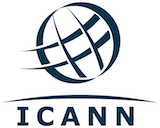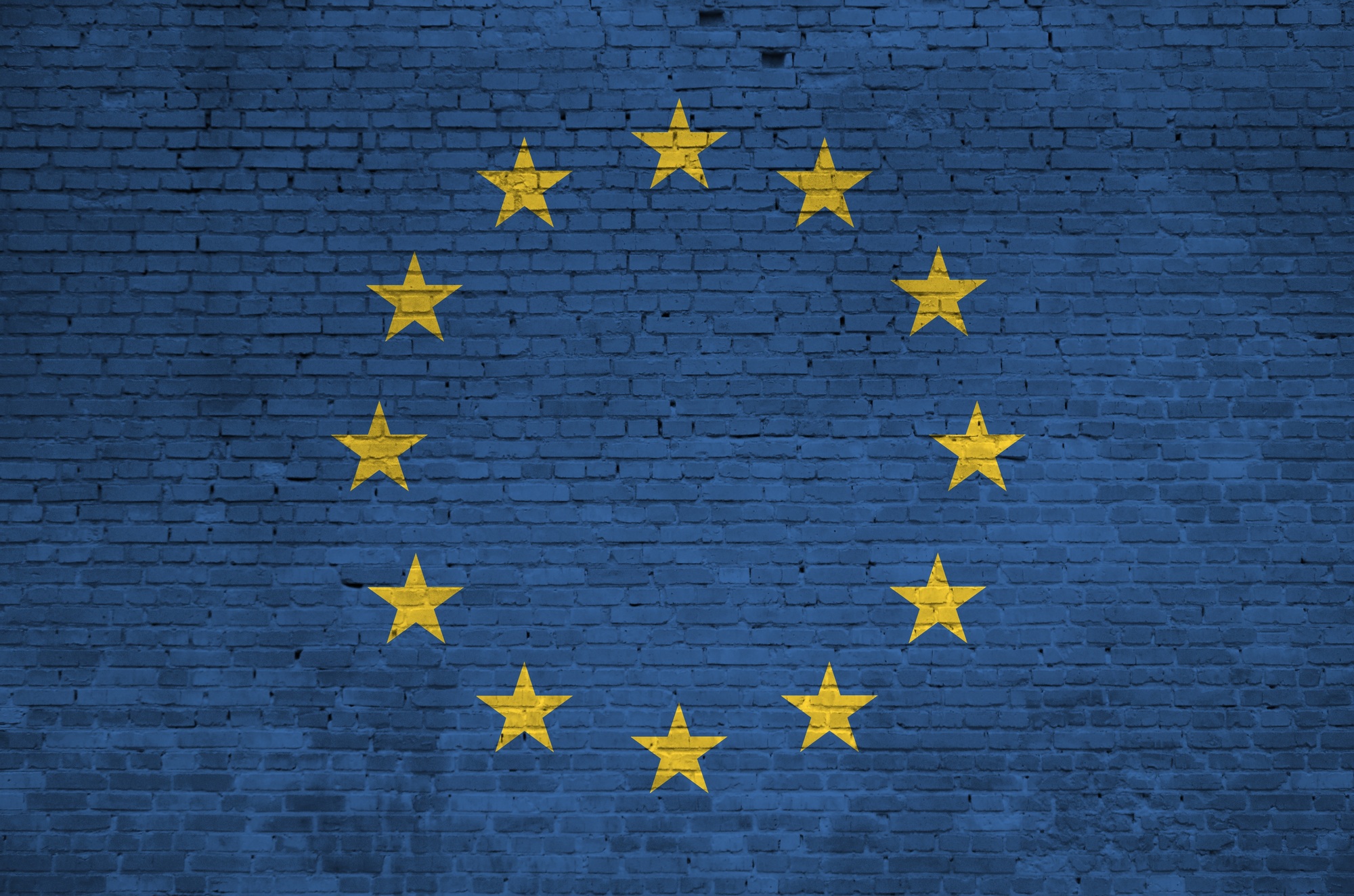Australia issues cybersecurity guidance on quantum computing risks
Australia’s Cyber Security Centre has adopted new guidance outlining the cybersecurity implications of quantum computing and encouraging early preparation for post-quantum risks.

Australia’s Cyber Security Centre has adopted new guidance outlining the cybersecurity implications of quantum computing and encouraging early preparation for post-quantum risks.

Several US organisations have urged Congress to reconsider proposals that would require mandatory age verification for online services, citing concerns about privacy, data security, and constitutional rights.

Italian authorities are examining possible age restrictions on social media as new data show high levels of self-reported digital addiction among teenagers.

The ICANN Generic Names Supporting Organization (GNSO) Council held its meeting on 12 February 2026, addressing policy processes, work prioritisation, and coordination with other parts of the ICANN community.

The W3C CSS Working Group has published a First Public Working Draft of Selectors Level 5, outlining updates and new features for the mechanisms used to target elements in web documents.

The European Data Protection Board has published the results of a coordinated enforcement action examining how organisations implement the GDPR’s right to erasure, identifying recurring challenges across member states.

Germany’s coalition government is discussing possible restrictions on children’s access to social media, including a proposed ban for users under 14 and modified platform versions for older teenagers.

The European Commission is examining whether to introduce common age restrictions for social media across the EU, as countries such as France, Spain, and Denmark move forward with their own measures to protect children online.

ICANN has announced the selection of 12 university students from across Europe to participate in its NextGen programme, which introduces young academics to global internet governance discussions during the ICANN86 meeting in June 2026.

The European Data Protection Supervisor has published Opinion 7/2026 on the Commission’s proposal to extend the application of Regulation (EU) 2021/1232, which allows certain measures to detect child sexual abuse online.